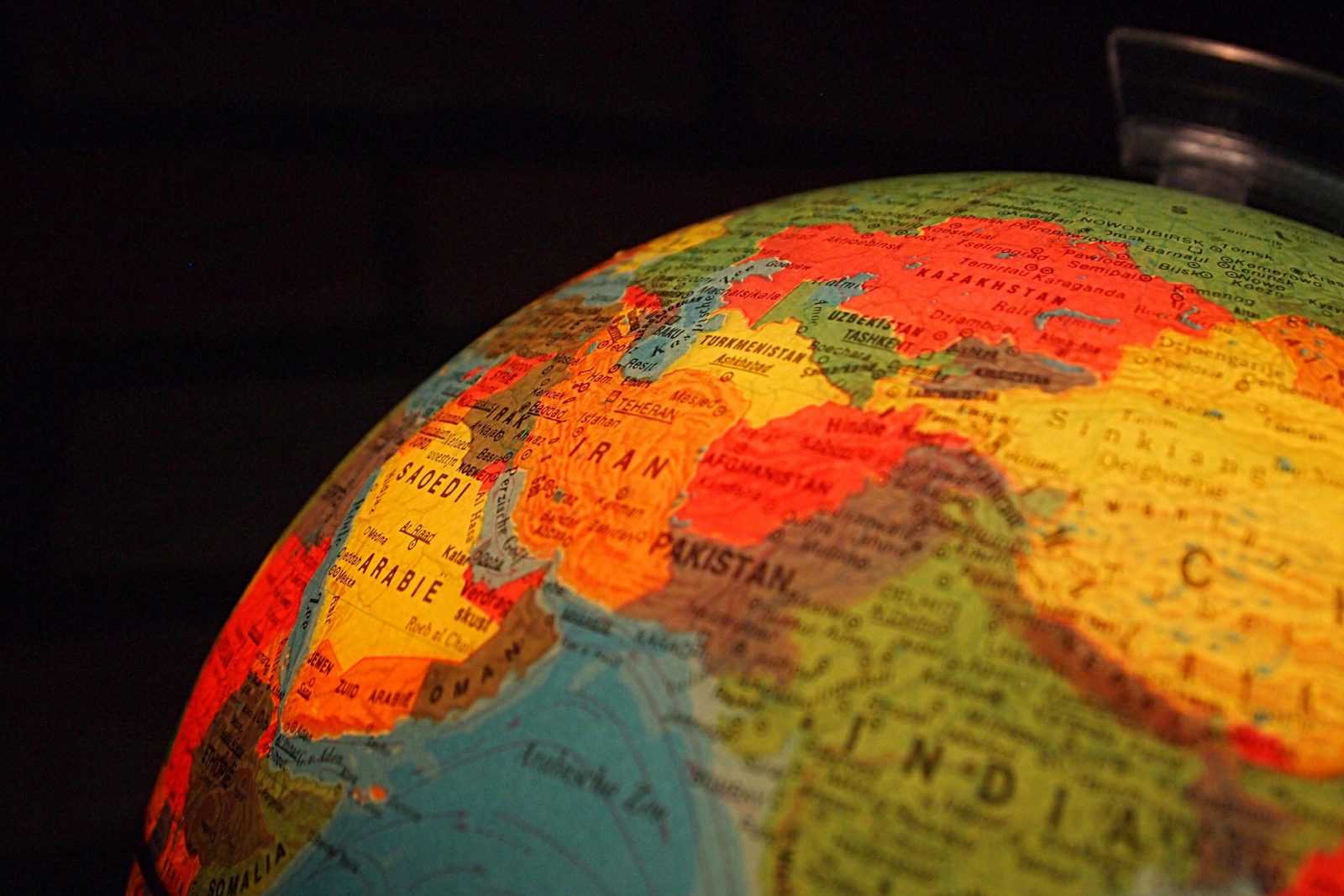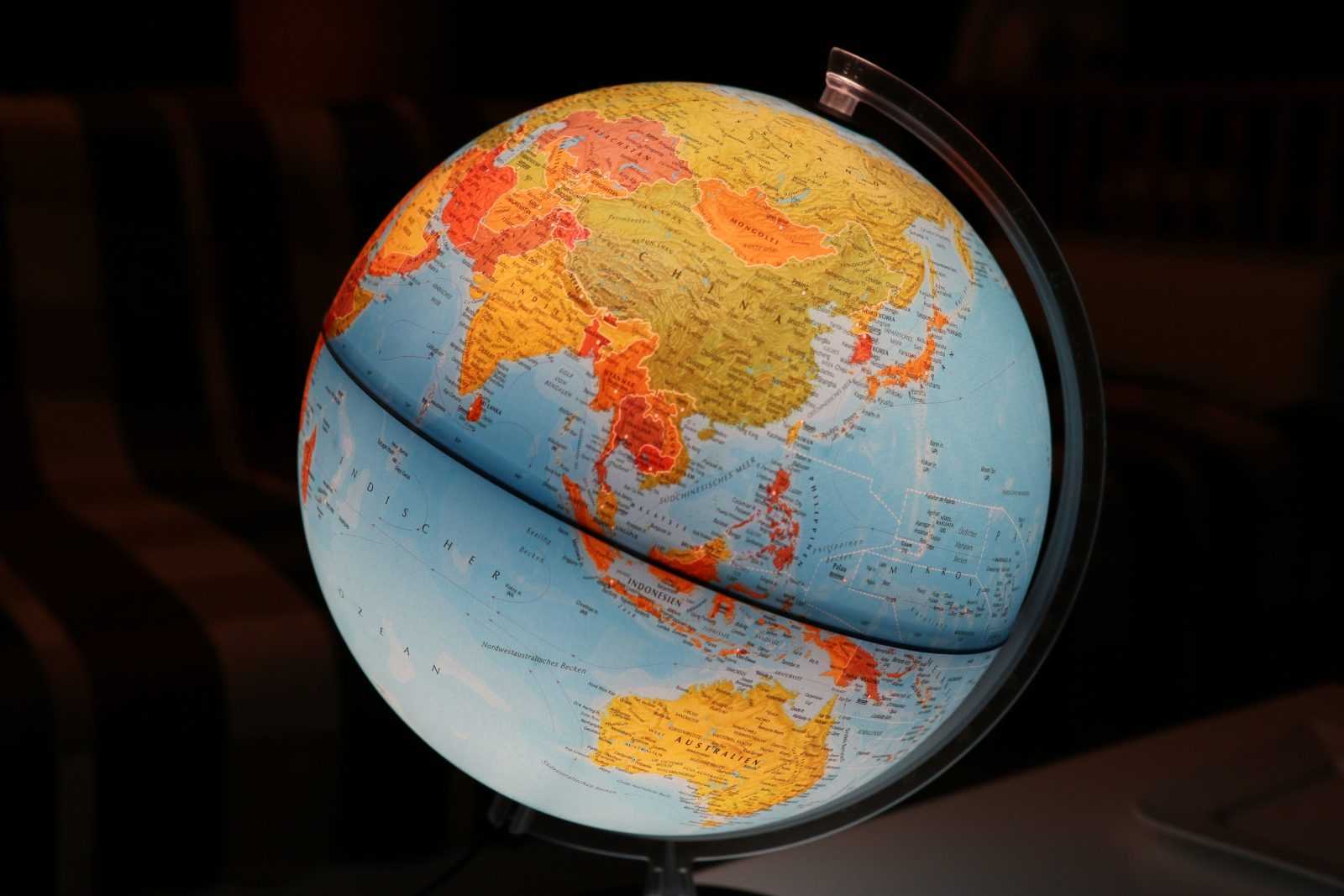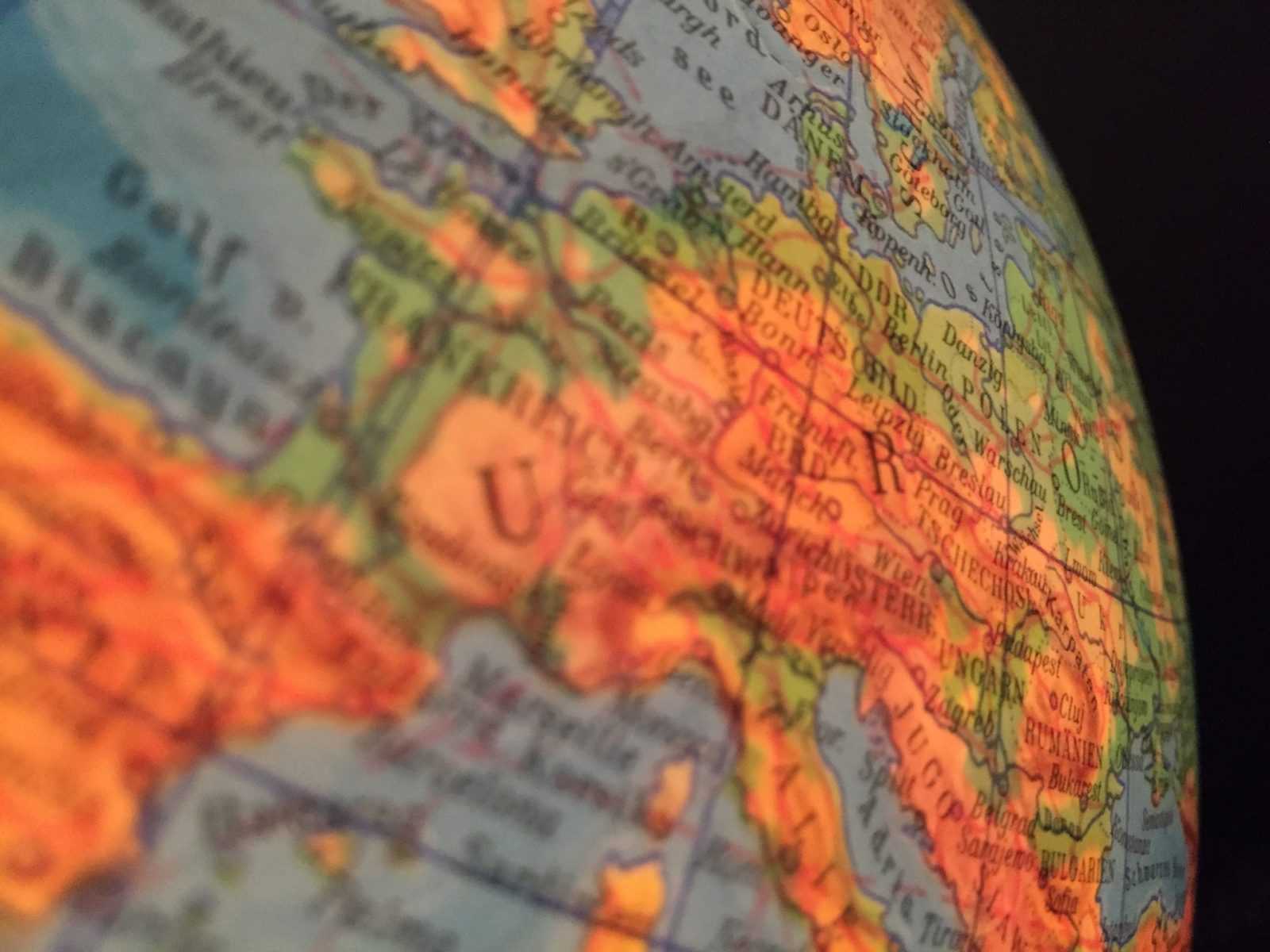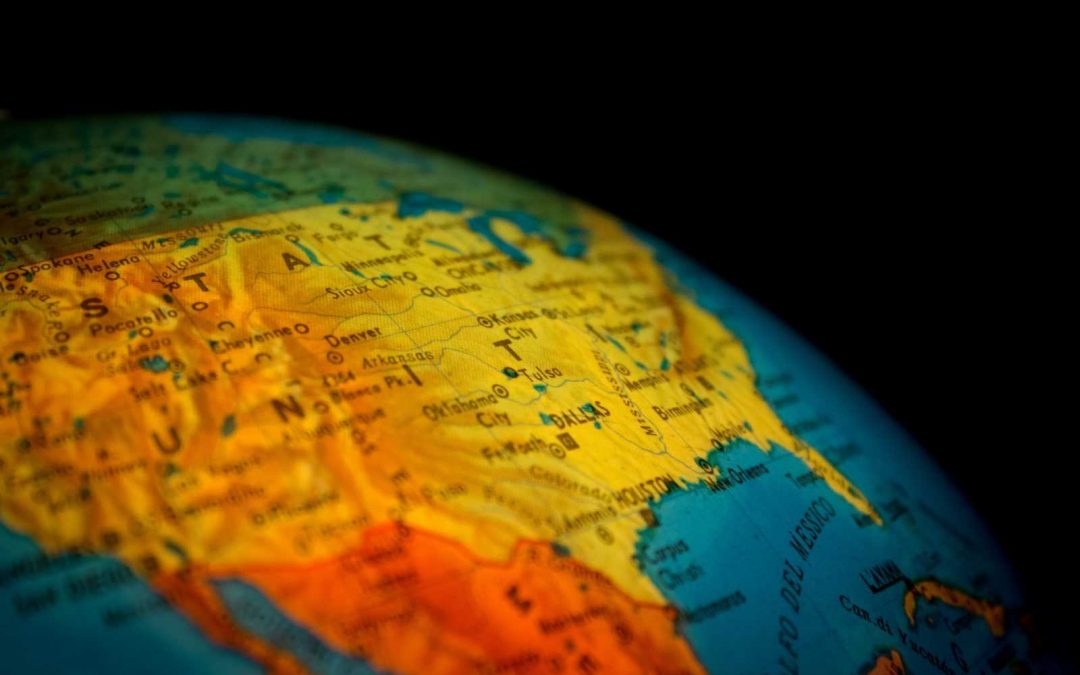Dale Carrico
Senior Lecturer | San Francisco Arts InstituteThe expectations generated by the too-formal, too-insubstantial rhetoric of democracy of North Atlantic industrial societies are interminably prone to the eruption of education, agitation, and organization for actual popular democratization. So, too, expectations of prosperity arising from unsustainable cheap oil, gunboat diplomacy via the military base archipelago, and technodevelopmental exploitation are likewise interminably prone to the eruption of unassuageable social discontent the moment their beneficiaries are forced by changing circumstances to pay the real price (nonsubsidized costs,


THE SAN FRANCISCO PROMISE
Click to Learn More
Global information and communication networks foreground the inequities of the North Atlantic postcolonial
Now, violence is inevitable (as has always been the case whenever and wherever human plurality emerges), but since the tools of violence at the disposal of discontent are now capable of unprecedented destructive power it is crucial that we constrain its expression within the legitimacy of democratic governance, general welfare, and the provision (via legitimate coercion) of a legible space for the noncoercive adjudication of social disputes.
Democratic world federalism is indispensable to global social intercourse, as democratic government is indispensable at whatever scale social intercourse has taken up hitherto. Conventional NGOs cannot provide this legitimacy precisely because they are not democratically representative bodies, and neither can conventional states because the terrain on which the key problems are playing out (climate change, human rights violations, unfair trade, uneven development, weapons proliferation) is planetary and because too many of the crucial actors on the contemporary terrain are not national but networked.
It is crucial that global governance fund its activities through progressive taxation and then that it
Corporate-militarism/neoliberal-neoconservative (eg, “Free Trade”) Globalization lacks the institutional intelligence to respond adequately to information that is not susceptible to proximate profitability (hence a tendency to short-term over long-term thinking, and hence a disastrous tendency underestimate wider social costs and risks), nor to respond to the needs of technodevelopmental stakeholders who are not familiar or node-proximate (hence a tendency to disastrously exacerbate social discontent). In the emerging political
What passes for “Free Trade” Globalization, then, is not just facile and flawed ideology, but has come to represent an Existential Risk to human survival.
Through our
We know the world is not flat.

Donate

Only by tearing our technology from our hands, only by crushing the knowledge out of our bodies and brains could we “go back,” whatever that would mean.
There is no choice but to embrace the planet that has become the World we live in.
There is violence coming, borne
Constrain that violence in legitimate democratic governance, ameliorate it through the global administration of general welfare, compensate it with the magnificent bribe of secularization, a basic income guarantee, universal basic healthcare, lifetime education, therapy, and retraining, renewable energy, free software and subsidized peer-to-peer content and oversight provision, and maybe, maybe we’ll make it through to the blessings of technoscientific emancipation
Original Publisher
Institute for Ethics and Emerging TechnologyDale Carrico,

